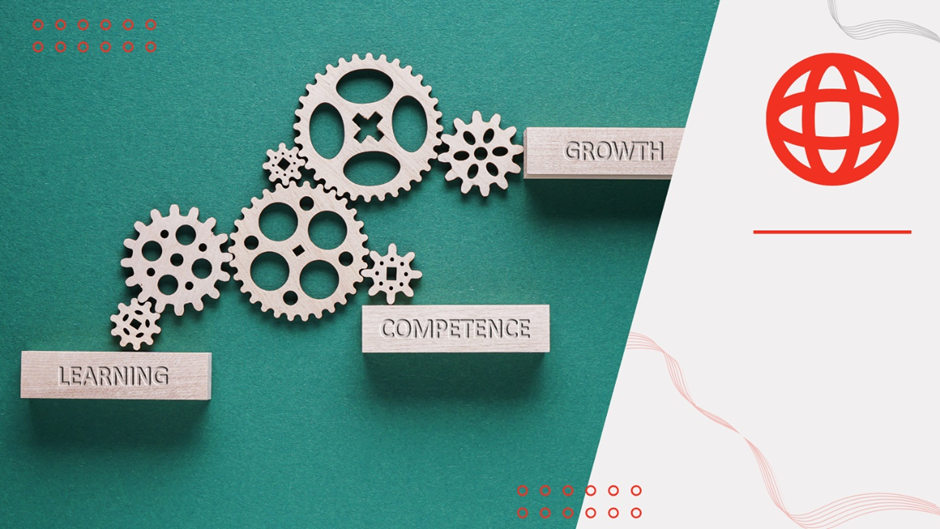Thinking of an industry experience or an internship to improve your career prospects? It can be a challenging time and process to find one given that you need it to build expertise and to earn the trust of your future employers. Sadia Khaja, who has ample experience both as a student at UNSW and engineering intern at Sydney Water talks us through her journey of finding and navigating an industry experience.

Finding your first internship or industry experience.
Finding my first internship was definitely a bit of a struggle. Even after completing a great number of voluntary experiences over the years, I found myself applying to numerous companies for several months straight before I even got my first interview. The process was tiring and at times demotivating, but finally finding my first placement was a highly rewarding feeling.
My current internship is at a large government organisation, and so I hope my next internship can be within a different scope working more closely with clients and the operating activities. My passion is within the intersection of people and communities with engineering!
Making an outstanding application for your industry experience.
The best thing I could’ve done for my application was to share it with friends, particularly those who already have industry experience, to review and give feedback for my application. It helped me identify what I was lacking and the things the hiring team looks for that I should enhance. The best tips I received:
- Keep your resume to maximum of 2 pages, with each experience having a description of maximum 2 dot points
- Use metrics to demonstrate what your outcomes were from each experience e.g. “Displayed written communication and time management skills through two 3000-word applications for the highly competitive SCDG and received $1000 in funding for the society”
- Use descriptive words to highlight your takeaways rather than what happened e.g. instead of “Attended strategy-based case competition”, try “Showcased problem-solving, design-thinking and collaboration skills and developed financial, technical and analytical skills in this strategy-based case competition, emulating consultancy in engineering”
Passing the interview segment of your internship application.
When trying to secure your very first industry placement, don’t stress about not having the sufficient technical skills. Recruiters understand you don’t have the experience, but what they want to see is the soft skills you’ve developed- your ability to communicate confidently, concisely, and formally, your ability to collaborate, your work ethic and drive, etc. The best way to demonstrate these skills is to use real examples e.g. in school extra curriculars, sports, community events etc. These are the types of skills that will prove you are suitable for the workplace you’re applying for.
It's good to prepare for commonly asked questions (e.g. why do you want to work here, what are your strength and weaknesses etc.) but during the actual interview, avoid reciting memorised responses. Interviewers can tell when your response is genuine or pre-prepared. Even if that means you stutter a little bit, it’s much better to demonstrate your genuine passion and interests with a natural response. It helps practicing in front of a mirror or friends/ family without any prompts in front of you.
(Hot tip: Often the interviewer will conclude with ‘do you have any questions?’ Always ask a question. It shows you are engaged and keen for this position.)
Making the most of your industry experience
Even in the same workplace, your environment is going to be different to your colleague’s environment. The primary purpose of your position is for you to learn and develop, so ask as many questions as you have. Don’t be afraid to make mistakes as they’re inevitable. It’s what you takeaway from that experience that will be most important for you.
Secondly, maximise having a network of industry professionals around you. Learn from them, ask about their experiences, understand the field you are in. Be as engaged as you can. It can be as simple as scheduling a coffee-catchup with a colleague you find interesting and want to hear more about!

Bonding and excelling with existing colleagues during the work placement.
A workplace should be educational and professional, but it can also be fun! Don’t be afraid to make friendly banter with your work mates, keeping matters appropriate of course. Take lunch breaks, morning coffee runs, or after work drinks as an opportunity to bond with your colleagues in a more social setting.
Challenges as a young engineering professional and overcoming them.
As a young engineer, you may find yourself in a placement that isn’t exactly your dream placement, and you might find that frustrating. That’s okay! It’s important to have dreams and ambitions, and it’s especially important to not lose sight of them as you progress through your career. But you have to remind yourself it’s a journey and that as a young professional, you have your whole career ahead of you. (What’s the fun in getting your dream job right away!) As long as you find value in each experience you have, whether that be a new skill you learn or develop, then that is an experience worth having. In saying that, always keep those dreams and ambitions at the back of your head and try your best to tailor your experiences in a way that creates stepping stones for you to achieve that goal. There’s no right or wrong way to progress through your career, just as long as you find value in the work you do.
Another challenge you may face is feeling intimidated by your lack of technical knowledge. Don’t be surprised if the first few months of your placement you feel like the information is flying straight over your head. Always try to make an effort to learn, ask questions and engage, and within no time you’ll find yourself starting to grasp concepts and terms you didn’t use to understand. It’s a learning process so don’t be too hard on yourself!
Finally, starting a professional job is a lifestyle transition you may not find the most comfortable at first. Although it can feel like an additional item to add to your plate, try not to let it overtake your life. Rather, shift things around so you still have time to do the things that bring you joy. It’s also important to keep physical activity a priority, especially if you’re in an office-setting. Starting a professional job is exciting but shouldn’t overpower your other priorities in life. Like they say, work hard, play hard.
Final comments and insights
As a young professional, this is an incredibly exciting time. There’s a lifetime of learning and experiencing ahead of you, and you don’t know what that will look like! So, take it as it goes, say yes to any opportunities that come your way, enjoy your work and always dream big. The world is your oyster!